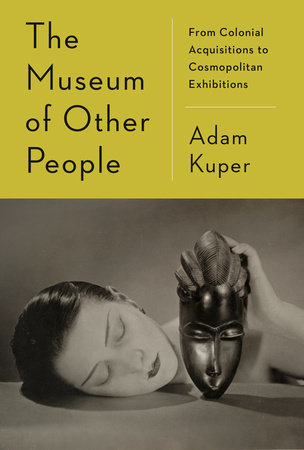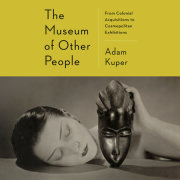A MOST ANTICIPATED BOOK • From one of the world’s most distinguished anthropologists, an important and timely work of cultural history that looks at the origins and much debated future of anthropology museums
“A provocative look at questions of ethnography, ownership and restitution . . . the argument [Kuper] makes in The Museum of Other People is important precisely because just about no one else is making it. He asks the questions that others are too shy to pose. . . . Required reading.” –Financial Times (UK)
In this deeply researched, immersive history, Adam Kuper tells the story of how foreign and prehistoric peoples and cultures were represented in Western museums of anthropology. Originally created as colonial enterprises, their halls were populated by displays of plundered art, artifacts, dioramas, bones, and relics. Kuper reveals the politics and struggles of trying to build these museums in Germany, France, and England in the mid-19th century, and the dramatic encounters between the very colorful and eccentric collectors, curators, political figures, and high members of the church who founded them. He also details the creation of contemporary museums and exhibitions, including the Smithsonian, the Harvard’s Peabody Museum of American Archaeology and Ethnology, and the famous 1893 World’s Columbian Exposition in Chicago which was inspired by the Paris World Fair of 1889.
Despite the widespread popularity and cultural importance of these institutions, there also lies a murky legacy of imperialism, colonialism, and scientific racism in their creation. Kuper tackles difficult questions of repatriation and justice, and how best to ensure that the future of these museums is an ethical, appreciative one that promotes learning and cultural exchange.
A stunning, unique, accessible work based on a lifetime of research, The Museum of Other People reckons with the painfully fraught history of museums of natural history, and how curators, anthropologists, and museumgoers alike can move forward alongside these time-honored institutions.






